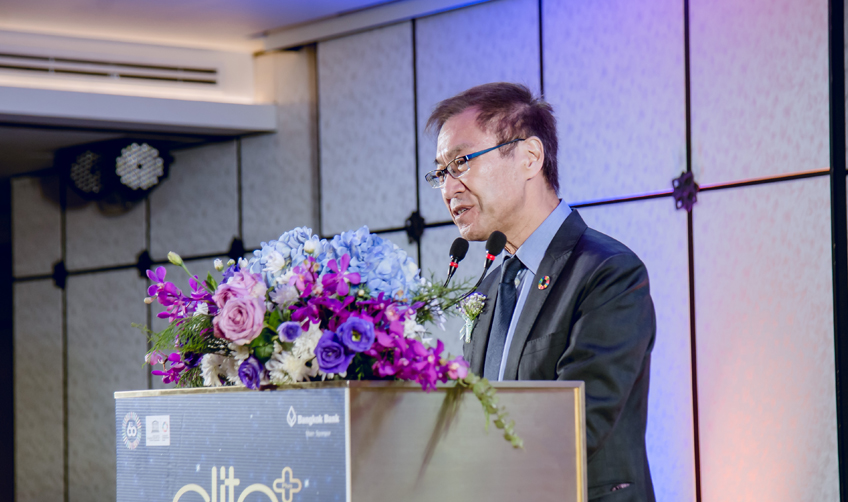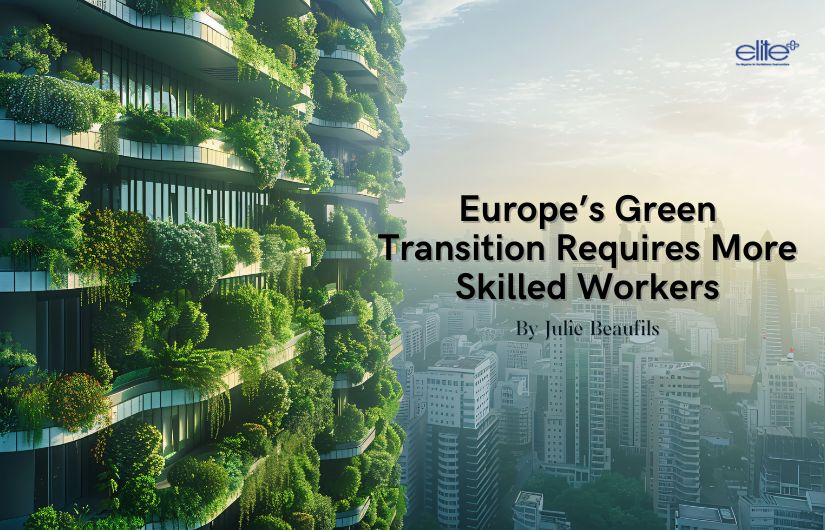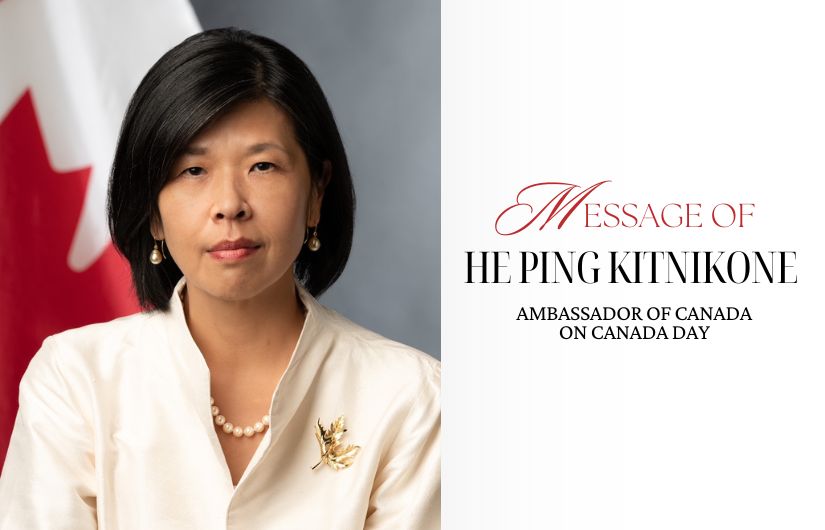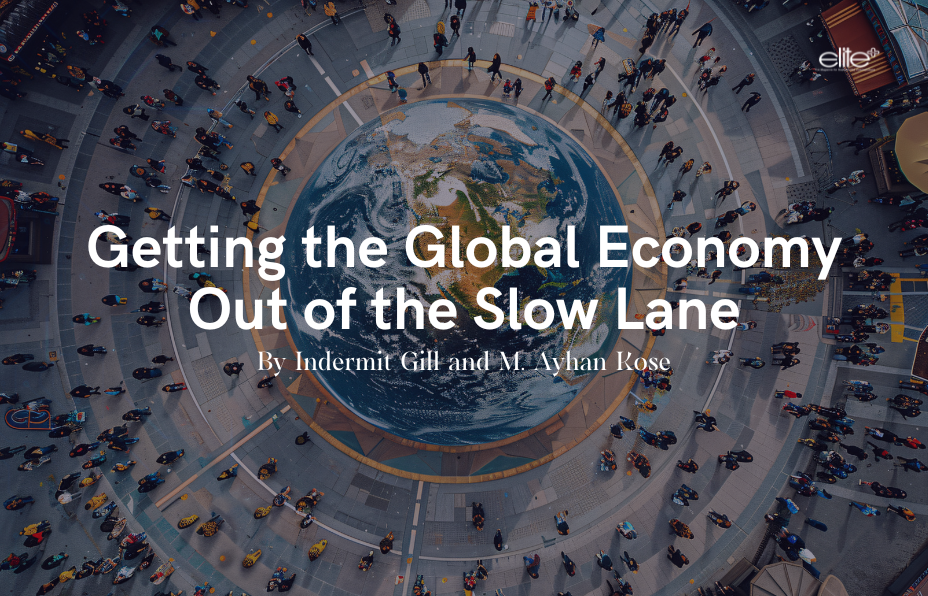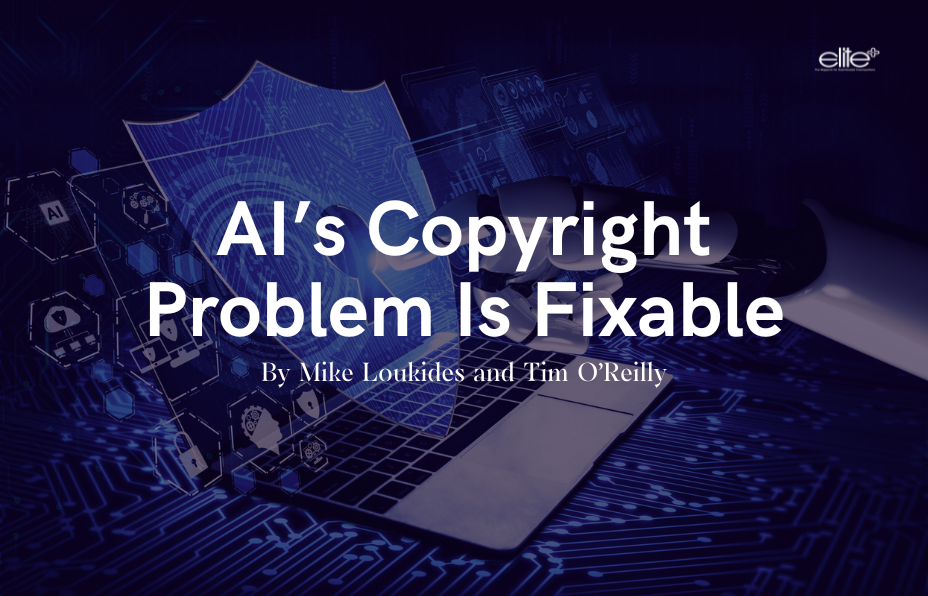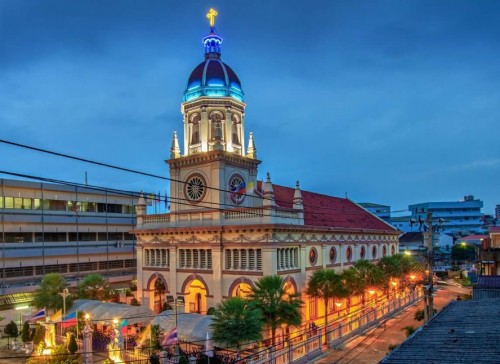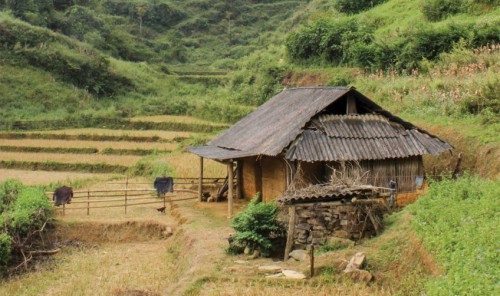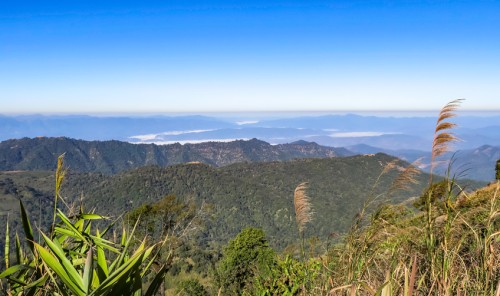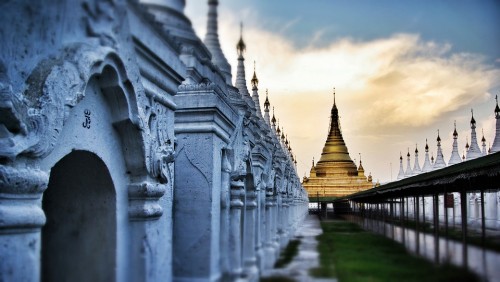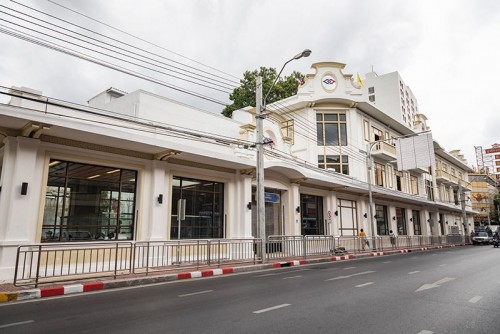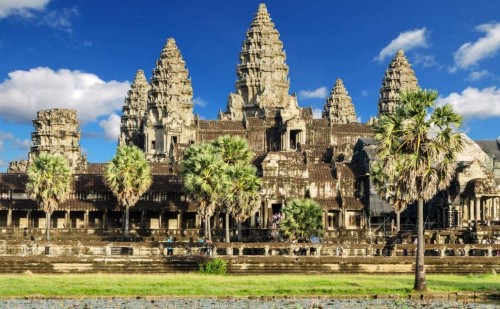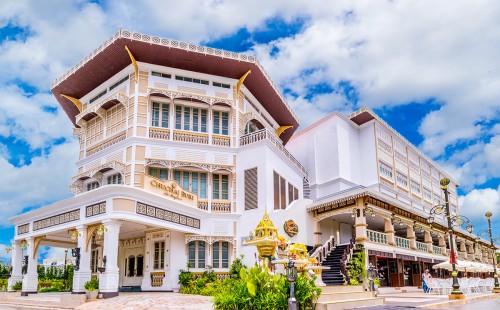UNESCO: Work to Build Peace in the Minds of Men and Women
This article presents excepts from the speech of Shigeru Aoyagi, Director of UNESCO Asia and Pacific Regional Bureau for Education, Science and Culture (UNESCO Bangkok) and UNESCO Representative to Thailand, Myanmar, Lao People’s Democratic Republic and Singapore, given at the gala dinner to celebrate the 8th anniversary of Elite+ magazine and 60th anniversary of Praphansarn Publishing.
Fostering well-being and peace among diverse peoples both regionally and beyond are indeed causes that UNESCO takes to be at the very core of our mission and work in Asia-Pacific in all our education, science, culture, information and communication initiatives.
At UNESCO, we believe strongly that peace and well-being among the diverse and thriving societies of the Asia-Pacific region, which, notably, make up about 60% of the world’s population, can be cultivated via committed partnerships involving governments, the education sector, the business sector, NGOs, civil-society organizations and others. By working together toward a common goal, we can achieve in concrete terms what by working alone we might only imagine.
(1).jpg)
Peace is a humanitarian value as well as an opportunity for sustainable well-being, a “positive peace” that not only signifies the absence of conflict among peoples, but also their mutual striving toward harmonious and mutually respectful conditions of mental, physical and material prosperity. In UNESCO Bangkok’s new initiative, “Together for Peace”, also known as “T4P”, we put forward the notion that peace is something that can be taught in our schools through pedagogies of peace, so to speak, which foster happiness among students and teachers towards the holistic development of current and future generations.
In 2015, the United Nations developed a strategic plan to achieve the well-being of the world in the twenty-first century. Our target date, 2030, is now fast approaching. This strategic plan, known as the 2030 Sustainable Development Agenda, outlines major areas of concentration, from education to the environment, freedom of expression and universal human rights to compel all of us to achieve a world in which even the most vulnerable among us can flourish. The 2030 Agenda and its 17 Sustainable Development Goals currently offer direction to the majority of our programmes, especially as we seek to recover and build back better from the Covid-19 pandemic.
(2).jpg)
The Sustainable Development Goals are a multi-stakeholder undertaking; all sectors of society must be engaged to make the SDG measures a reality. This includes the fundamental importance of reducing mass disease burdens and having healthcare systems in place for the treatment of disease and the promotion of general well-being, in keeping with the UN’s SDG3, which speaks of our need to “ensure healthy lives and promote well-being for all at all ages.”
UNESCO also believes that well-being goes hand-in-hand with education, as SDG4 states the need for us to “ensure inclusive and equitable quality education and promote lifelong learning opportunities for all.” UNESCO is working with countries to build enabling environments for people to learn throughout their life. In a vibrant learning society, people participate in innovation and work to generate new economies, new technologies and new businesses that will lead to improving the well-being for human life as well as life above and under the water of this planet.
UNESCO Bangkok is supporting countries to ensure that all learners thrive as a result of a whole-school approach to fostering the learning, health and well-being of students, teachers and the wider community. UNESCO addresses school violence and bullying, including gender-based and online bullying and violence, and we support teaching and learning that empowers young people to practice healthy lifestyles and respectful relationships.
One may say, without exaggeration, that physical, emotional and material well-being lie at the heart of the whole 2030 Agenda. The SDGs can be realized only through strong partnerships and cooperation. UNESCO remains committed to this common mission, and I would like to thank our old and new partners who have been supporting UNESCO’s work to build peace in the minds of men and women.
